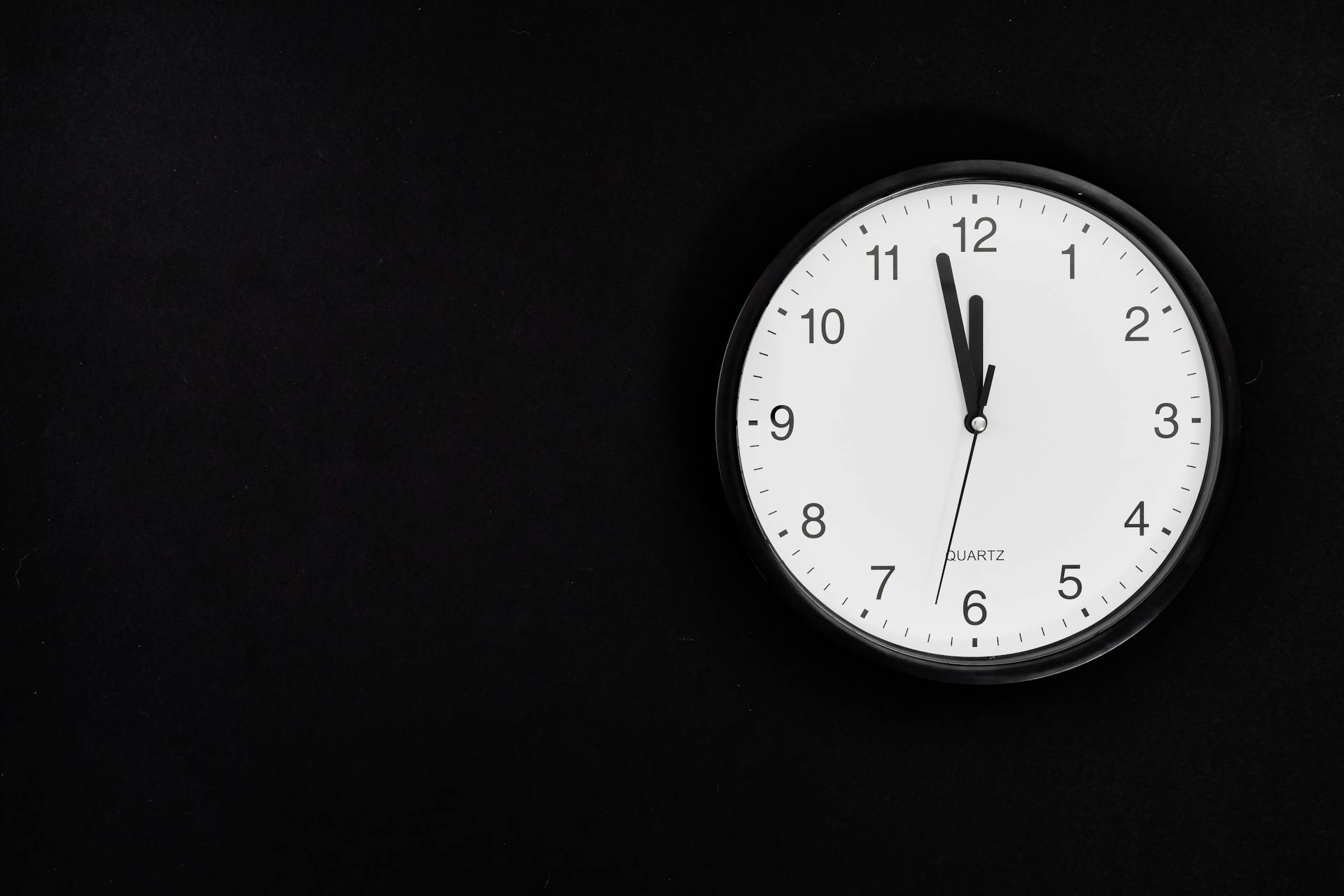A quiet but persistent divide has emerged across Japan over a deceptively simple question: When someone says “tomorrow,” do they mean midnight or sunrise?
The disagreement, long considered a harmless quirk of scheduling apps and sleepy texts, has quietly escalated into a full-blown semantic standoff.
Families are split. Group chats are tense. And one regional train was missed entirely because two friends had different definitions of “tomorrow morning.”
Midnight People vs. Sunrise People
The divide is not generational, regional, or even logical. It’s emotional.
“Midnight people” believe that the moment the clock strikes 00:00, it is officially tomorrow. They schedule emails, make promises, and begin new habits at precisely 12:01 AM. To them, the calendar is a contract. The date changes, so the day must follow. They are punctual, principled, and often misunderstood, especially by those who are still brushing their teeth at 11:59.
“Sunrise people,” on the other hand, insist that tomorrow begins when the sun rises. They argue that sleep is a boundary, not a technicality. To them, tomorrow is something you wake into, not something you stumble into while still wearing today’s socks. They tend to be intuitive, emotionally precise, and deeply committed to the idea that time should feel right, not just be right.
Neither side is wrong. But both are increasingly baffled by the other.
Real-Life Consequences
The ambiguity has led to a wave of minor but meaningful mishaps. Each one is small enough to laugh off, but large enough to remember.
One birthday message, sent at 12:03 AM with heartfelt emojis and a carefully chosen sticker, was met with confusion and mild offense. The recipient hadn’t gone to bed yet and felt the timing was “prematurely sentimental,” as if the sender had skipped over the final minutes of their birthday in favor of technical punctuality. “It felt like they were already done celebrating me,” she said.
In another case, a convenience store clerk promised a restock “tomorrow,” assuming the customer would return after sunrise. But the customer, operating on a midnight-based understanding, arrived at 12:01 AM to find empty shelves and a locked delivery door. He left with no snacks and several philosophical questions about the nature of expectation.
Perhaps the most emotionally charged example came from a couple who agreed to “talk tomorrow” after a tense evening. One partner assumed that meant after sleep, sometime in the morning. The other waited until 12:01 AM, saw no message, and interpreted the silence as a sign of avoidance. “I thought she meant after sleep,” said the man, still bewildered. “She thought I was ghosting her. I was brushing my teeth.”
In each case, the issue wasn’t time; it was interpretation. And in Japan, where politeness often masks uncertainty, no one wants to be the one who asks, “Wait, which tomorrow?”
Linguists Weigh In
Language experts have weighed in, only to make things worse.
Professor Yukari Sano of the Institute for Temporal Semantics explains: “Japanese has multiple ways to express ‘tomorrow,’ but none are emotionally precise. The word ‘ashita’ is technically correct from midnight onward, but culturally ambiguous until breakfast.”
She notes that the confusion is not unique to Japan, but particularly potent here due to the country’s layered relationship with time, where punctuality is prized, but emotional timing is rarely discussed. “It’s not a grammar problem,” she adds. “It’s a trust problem. People want to feel understood, not just scheduled.”
Her team recently published a paper titled “Semantic Drift in Sleep-Adjacent Timeframes,” which includes a chart mapping emotional readiness against clock time. It has been downloaded 14 times. Mostly by people who already knew they were right.
A Proposed Solution: “After Sleep”
In response to the growing confusion, some communities have begun informally adopting the phrase “after sleep” to clarify intent. Instead of saying “Let’s meet tomorrow,” they now say “Let’s meet after sleep.” The phrase has gained traction in parenting blogs, late-night group chats, and one Tokyo bakery that opens at 5 AM.
“It’s oddly comforting,” said the bakery’s owner. “It reminds people that rest is part of the plan. That we’re not just jumping ahead, we’re arriving.”
Others have proposed alternatives like “next daylight,” “post-pillow,” and “after the dream gap,” but none have caught on quite like “after sleep.” It’s gentle and clear. And it doesn’t require anyone to argue with a clock.




